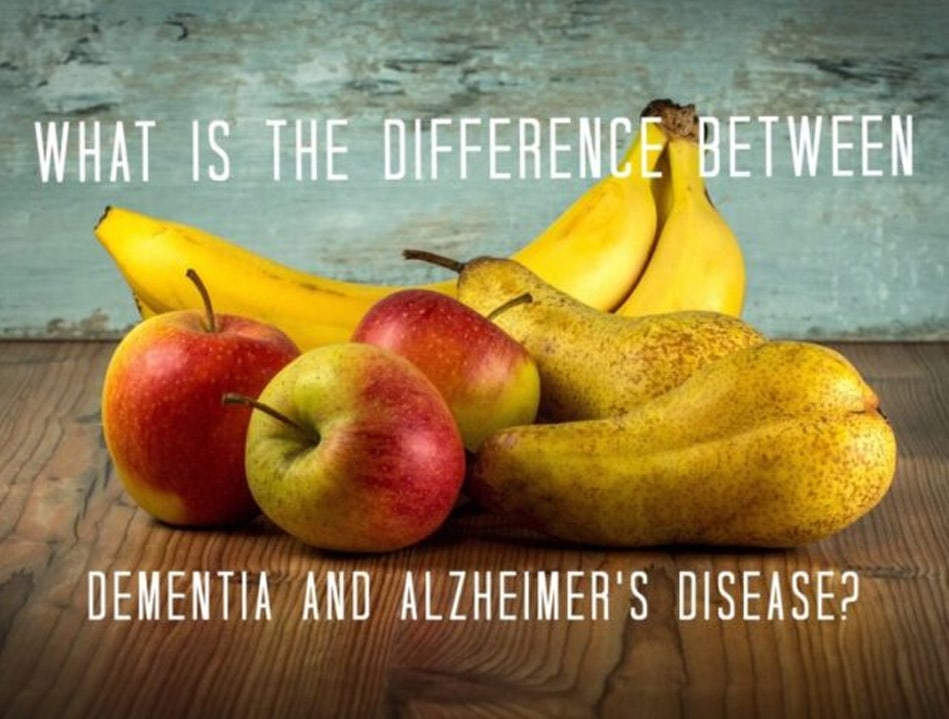Kirsty Porter
12 September 2016
Since writing this article in 2016, Kirsty has gone on to build and develop a charity supporting five dementia cafés in Victoria, Australia.
____________________
It’s been more than two weeks now since Gene Wilder died, and I’m still struggling with it. We may never know the full reason why Mr. Wilder and his loving family respectfully wanted to keep his Alzheimer’s disease a secret, but I just can’t shake the thought that stigma might have played a starring role here.
“We understand for all the emotional and physical challenges this situation presented we have been among the lucky ones—this illness-pirate, unlike in so many cases, never stole his ability to recognize those that were closest to him, nor took command of his central-gentle-life affirming core personality. The decision to wait until this time to disclose his condition wasn’t vanity, but more so that the countless young children that would smile or call out to him ‘there’s Willy Wonka,’ would not have to be then exposed to an adult referencing illness or trouble and causing delight to travel to worry, disappointment or confusion. He simply couldn’t bear the idea of one less smile in the world.”
Reading this, I looked straight to Instagram and Facebook, sourced a beautiful photo, researched an apt quote from Mr. Wilder and went about listing all the #’s to promote my product. But alas, nothing was published from me.
Mr. Wilder, nor his family, wanted him to be remembered for having Alzheimer’s disease that might have caused “one less smile in the world”.
Yet, Mr. Wilders own public ‘coming out’ for having Alzheimer’s was laden with feelings of fear that might upset a fan base, a child fan base no less.
The last sentence in their statement really saddened me and I’d like to express why hiding Alzheimer’s might be detrimental to the child and thus future generations.

The Stigma
With the greatest respect, Mr. Wilder’s decision to keep his diagnosis a secret is consistent with global cultural attitudes when learning this “illness – pirate” disease has taken a loved one. And sadly over time, and over multiple generations, negative attitudes have ultimately settled in creating complex and discriminating prejudice that influence individuals to hide, or worse still, remove themselves from the judgment of society. And regrettably, this is stigma personified.
The thought that Alzheimer’s should be kept a secret to shield us from smiling is a frightening perspective. Especially when it is expected that dementia (symptoms of Alzheimer’s) will directly or in-directly impact us all by 2050. If the message is to keep a dignified silence about a worrisome, troubling or confusing disease, perhaps we can expect isolation to become a natural response. A heartbreaking thought indeed.
The Child And Child Inside
No one should have to deal with Alzheimer’s alone, no one. Children, included. Of course they see the dementia symptoms, but in a way only children do (Werner, 2010). So we absolutely need to be hands on to guide them appropriately or they will invariably struggle to understand it, look away from it or act out and thus the stigma lives on.
You see, cool new stuff in the ageing world only comes about from inspiration and the ability to turn tough problems into opportunities. So if we hide or isolate the problem, we simply wont find the innovation. And who better to innovate than a child, or the child within us? Isn’t that what Willy Wonka was all about? Inspiring the child and the child inside?

From an awareness perspective, we need to really harness the energy, enthusiasm and the sheer power of young people to dream big, because reversing stigma is a hell of a lot harder than inspiring the innovator.
With nearly my entire nursing career in the aged care sector and caring for countless families dealing with (and dying from) end-stage dementia, I know inspiring change and innovation in this sector is extraordinarily hard and fraught with stigma, ignorance and fear. This has to change, and it has to include the big dreamers – our kids, the next generation.
After two weeks of analysing a media who have dutifully and collectively respected the wishes of Mr Wilder to ‘hide the ugly’, I’ve become determined to get on with what I mean to do, and make sure it comes out loud and clear.
So in big shoutty text: PEOPLE IN THE THROWS OF DEALING WITH DEMENTIA: DO NOT TAKE YOURSELF AWAY FROM YOUR FRIENDS OR YOUR COMMUNITY AND CEMENT THE IGNORANCE OF DEMENTIA.
You may not be able to change your diagnosis of dementia, but my goodness you can affect the journey. Make it a good one. Having a dementia doesn’t mean you should hide from the world.

Find The Smile
To the Person living with a dementia disease: you are very much alive and showing how valuable you are by doing the things that make you happy and laugh out loud. Designing a life after your diagnosis is a choice, and how you choose to live your life with dementia is extraordinarily important to the smile of a child and all ‘inner’ children alike.
To the caregiver: you are the ultimate hero in this dementia journey and you should not go through this alone. There are people organized in the health system designed just to help you. Exhausted as they might be, you cannot and should not go un-noticed. Please look to your community to help. This is not a journey you should travel alone; trust me when I say that your own mental and physical health will suffer otherwise. I urge you to check out a new website called Dementia Challengers or on Facebook @dementia.challengers to read about how other caregivers are supporting each other.
To the community businessperson: I guarantee to you, when you witness the glory of a person living a full life with dementia, you will be inspired to create a dementia friendly business. Not just because you are poised for continuous improvement but also because your customer base will be reflective of our societal ageing population; making you a dynamic and attractive business indeed.
To the inspired health professional: I guarantee you will lovingly laugh out loud and fist punch the air when you see someone with end stage dementia completely come alive as they belt out a tune from a bygone era, or paint a magnificent piece of artwork to express how they feel. And I guarantee you, you will smile – and smile big, when you witness someone so afflicted with dementia that they can no longer talk, yet they lovingly cradle a baby or nurture a young child.
The thought that we should isolate ourselves or our loved ones when they reach a certain age or condition only fuels me to push further into the business of awareness and promotion.
So in the interest of change, channeling big dreams and ‘choose your own adventure’; I’m climbing into my own glass elevator and preparing to burst through the roof and into the world of dementia to see where it takes me.
I’m joining a global community hell bent on decreasing the stigma attached to dementia and even wider still, the stigma attached to being old.
With the help of my glorious community, I have decided to join the global ranks of dementia awareness and promotion by implementing a tried and tested strategy to de-stigmatise and de-isolate people with dementia.
We are doing this by building our very own dementia friendly café environment, starting right here in Blackburn in Melbourne, Australia (click here for more information). Further, we going to share with you a running commentary of our journey, trials and tribulations through, the very fashionable and oh sooo Next Gen’, blogging and several social media channels! And we’ve fondly called it The Umbrella Dementia Cafe. What do you think of the name? Will it stick? Check it our here or on Facebook.

So if are experiencing dementia, please come and build a community with us!
Fear is out and curiosity is in.
“The suspense is terrible, I hope it lasts!”
– Willy Wonka –
Since writing this article Kirsty Porter has built and developed a charity that supports four community run dementia cafes. She is supported by a massive cohort of people determined to make a positive impact in the lives of people living with dementia in their community.
See the website www.umbrelladementiacafes.com.au and Facebook for all the photos of the cafe.
Literature resource for the caregiver:
‘The Artistry of Caregiving: Letters to Inspire Your Caregiver Journey’ By Carole Brecht (Author & Artist see Instagram @sangenwoman)
A deeply personal account of her caregiving experiences for her mother. Click here for my review of her book.
Literature resources for children
I’ve researched and found some excellent books helping children understand dementia and Alzheimers;
- ‘Weeds in Nans’s Garden.’ By Kathryn Harrison (recommended)
- ‘What happened to Grandpa.’ By Maria Shiver (inspirational change agent)
- ‘Still my Grandma.’ By Veronique Van Den Abeele & Claude K. Dubois (award winning book)
- ‘Wilfred Gordon McDonald Partridge.’ By Mem Fox (an oldie but a goodie – I have this one for my own children)
- “Why Did Grandma Put her Underwear in the Refrigerator” by Max Wallack and Carolyn Given. (Written from a 7 year old’s perspective)
Finally, Dementia Resources (click here) have also complied a great reading list for children aged 1 to 15+ years helping to they understand dementia better.







Help by sharing
Share your campaign on social media using the following links.